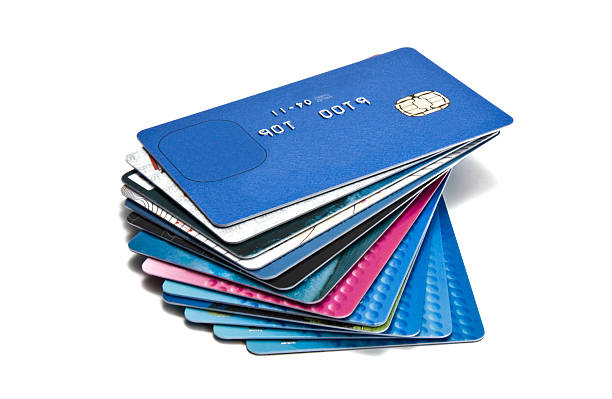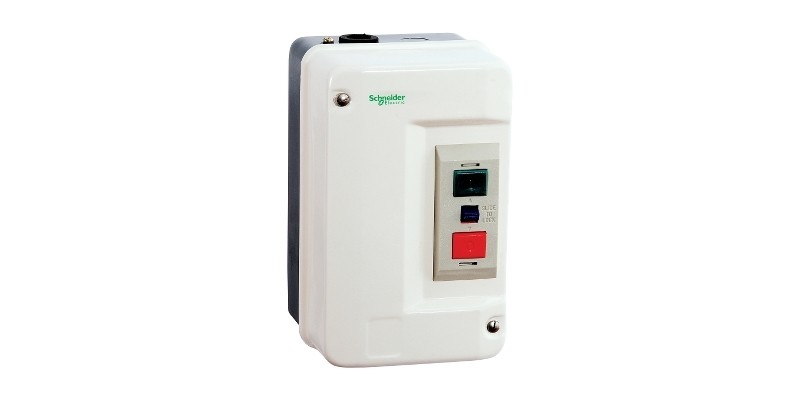Should you have more than one credit card? If you’ve ever spent your way through a huge pile of credit card debt, you probably know the answer: no!
It’s certainly true that having multiple credit cards can make paying off your debt unsustainable. However, there is no simple answer as to how many credit cards you should have, and there may even be advantages to having more than one credit card. Most experts agree that having multiple credit cards can either help or hinder your credit score, depending on how you manage them.
How many credit cards should you have?
Is it good to have several credit cards?
The effect on your credit score is probably one of your biggest concerns about having multiple credit cards. It’s a common consideration, but having more than one credit card can improve your credit score by making it easier for you to keep your credit utilization rate low.
To improve your credit score, most credit experts recommend avoiding using more than 30% of your available card credit at any given time. By spreading your $1,800 purchases across multiple cards, it becomes much easier to keep your credit utilization rate low. This ratio is only one of the factors considered by the FICO credit score model in the “amounts owed” component of your score, but this component represents 30% of your credit score. Only your payment history is more heavily weighted (at 35%) in determining your credit score.
FICO warns that opening accounts you don’t need just to increase your total available credit can backfire and lower your score. Paying these rates can affect your disposable income and the return on your investments.
Key points to remember
- The average American now holds 3.84 credit cards. That figure is down 4% from 2019, and it follows a trend of U.S. consumers shedding credit card debt as the coronavirus pandemic spreads financial uncertainty.
- Having more than one credit card can help you keep your line of credit utilization rate per card below the recommended 30% by spreading the charges.
- There are potential benefits to having multiple cards, such as combining different types of rewards cards to maximize revenue across all spend categories.
How many credit cards should you have?
There is no magic number to this question, as everyone’s situation is different. A strong argument can be made for having at least one credit card to enjoy the convenience, security, and other inherent benefits. The rationale for having more than one credit card may depend on whether you need additional lines of credit to accommodate your discretionary monthly budget or are looking to leverage your daily spending to earn various types of rewards. such as cashback, points, or airline miles.
How many credit cards is too much?
Even having two credit cards can be one too many if you can’t afford to pay your bills, don’t need them, or don’t plan to use them for any purpose.
Although getting a new credit card can sometimes improve your credit score by potentially reducing the total utilization rate of your line of credit, it is not advisable to get a lot of cards in a short time. . Many card issuers even have rules in place to combat this phenomenon, which has happened with customers trying to game the system by signing up for numerous credit cards to earn the bonuses and then canceling. after meeting the spending requirements.
Another potential downside to having a large number of cards is that it can make you look risky to lenders and lower your credit score. Even if you’ve paid them all off, the mere fact that you have plenty of open and available lines of credit can make you look like a potential liability to the next lender. So while there’s no absolute number that’s considered too big, it’s best to only ask for and carry the cards you need and can justify using based on your credit score, your ability to pay balances, and reward aspirations.
Different cards, different benefits
Having a range of credit cards can allow you to earn the maximum rewards available on every purchase you make with a credit card.
For example, you could have a Discover it Cash Back card to take advantage of its rotating 5% cashback categories so that on certain months you can earn 5% on purchases such as groceries, hotels, restaurants, and gasoline (subject to a cap of $1,500 in combined expenses per quarter). You might have another card that still gives you 2% back on gas. Use this card during the nine months of the year when Discover does not reimburse 5% on gas.
Finally, you might have a card that offers a flat 1% cashback on all purchases. This card is your primary card for any purchases where a higher reward is not available.
Of course, you don’t want to overdo it. If you have too many accounts, it’s easy to forget a bill payment or even lose a card. The problems that can result from such monitoring will quickly ruin any savings you might have had.
Cards compromised
Sometimes a credit card company will freeze or cancel your card out of the blue if they detect potentially fraudulent activity or suspect that your account number may have been compromised.
In the best-case scenario, you won’t be able to use your card until you’ve spoken to the credit card company and confirmed that you’re vacationing in Bermuda and that your card hasn’t been stolen. This is not a phone call you can make from the cash register, as you will need to provide sensitive personal information to confirm your identity. You will need another payment method if you want to complete your purchase.
In the worst case, the company will assign you a new account number and you will be without this card for a few days until you receive your new card in the mail. Another possibility is that you lose a card or have one stolen. To prepare, you may want to have at least three cards: two that you take with you and one that you keep in a safe place at home. This way you should always have at least one card you can use.
Because of such possibilities, it’s a good idea to have at least two or three credit cards. If you only want to have one credit card, make sure you’re always prepared with a secondary payment method, either cash or debit card. These cards offer convenience and security, but are they worth it? Check the fees, if any, and pay particular attention to prepaid debit cards.
Do you need to have a credit card in case of emergency?
It would be best if you didn’t have to use a credit card in an emergency and instead had enough money in a liquid account, such as a savings account, to use in such a situation. . However, if you’re away from home on vacation and don’t have the cash to cover a car repair or other unexpected expense, a credit card can come to the rescue. Other situations, like an unexpected medical bill or job loss, can often drain any emergency savings. Having at least two or three credit cards can be a useful thing in times of crisis. Ideally, these cards should have no annual fee, a relatively high credit limit, and a low-interest rate. However,
How much credit should I use on all my credit cards?
Experts generally recommend keeping a credit utilization rate below 30%, with some suggesting that you should aim for a single-digit utilization rate (under 10%) to get the best credit score.
How many credit cards does the average American have?
An Experian report from the third quarter of 2020 shows that the average American now holds 3.84 credit cards. That figure is down 4% from 2019, and it follows a trend of U.S. consumers shedding credit card debt as the coronavirus pandemic spreads financial uncertainty.
How often should you apply for a credit card?
In theory, you can apply for new credit cards as often as you like. Since the average online application only takes a few minutes, you can apply for a large number of cards in a very short time.
But that doesn’t mean you have to apply for multiple credit cards at the same time. In most cases, waiting between credit card applications is better for your credit score and may even improve your chances of being accepted.
Does Having More Credit Cards Help Your Credit Score?
Having multiple credit cards can help, but can also hurt your credit score. It all depends on how you manage the cards you have.
No matter how many credit cards you have, the same rules apply: keep your balance low and always pay your bills on time. Although the number of cards you carry probably doesn’t affect your score per se, you should avoid applying for multiple new credit cards at once.
Can you have two identical credit cards?
Many credit card issuers will indeed approve you for another of their credit cards as long as you meet the qualifying criteria. And, if you’ve always handled your current credit card well, you may find it easier to get approved for the new credit card.
However, do not assume that you will be approved for the same terms as your current credit card. The credit card issuer will approve your application based on your current income and creditworthiness, which may have changed since you first applied for the card.





